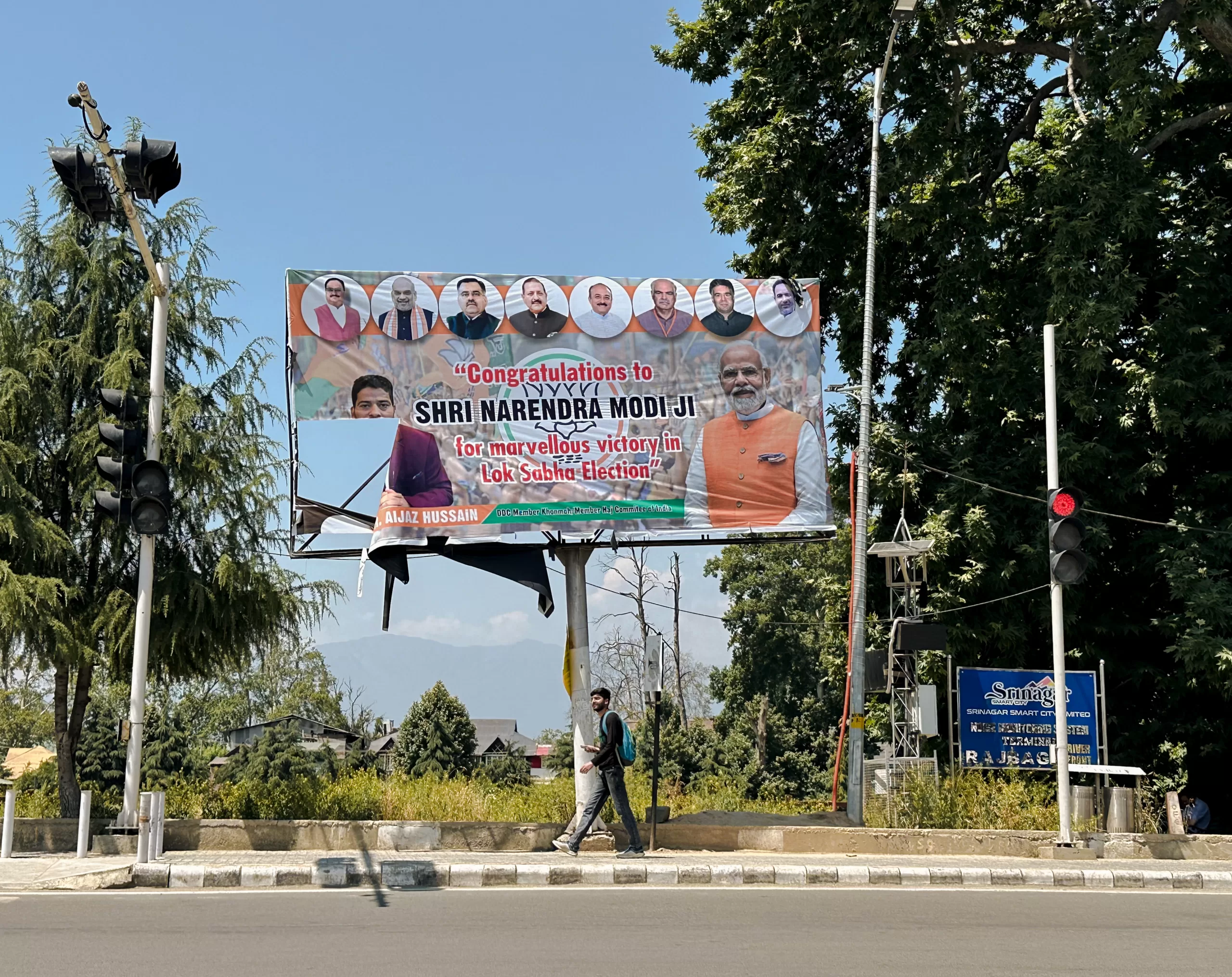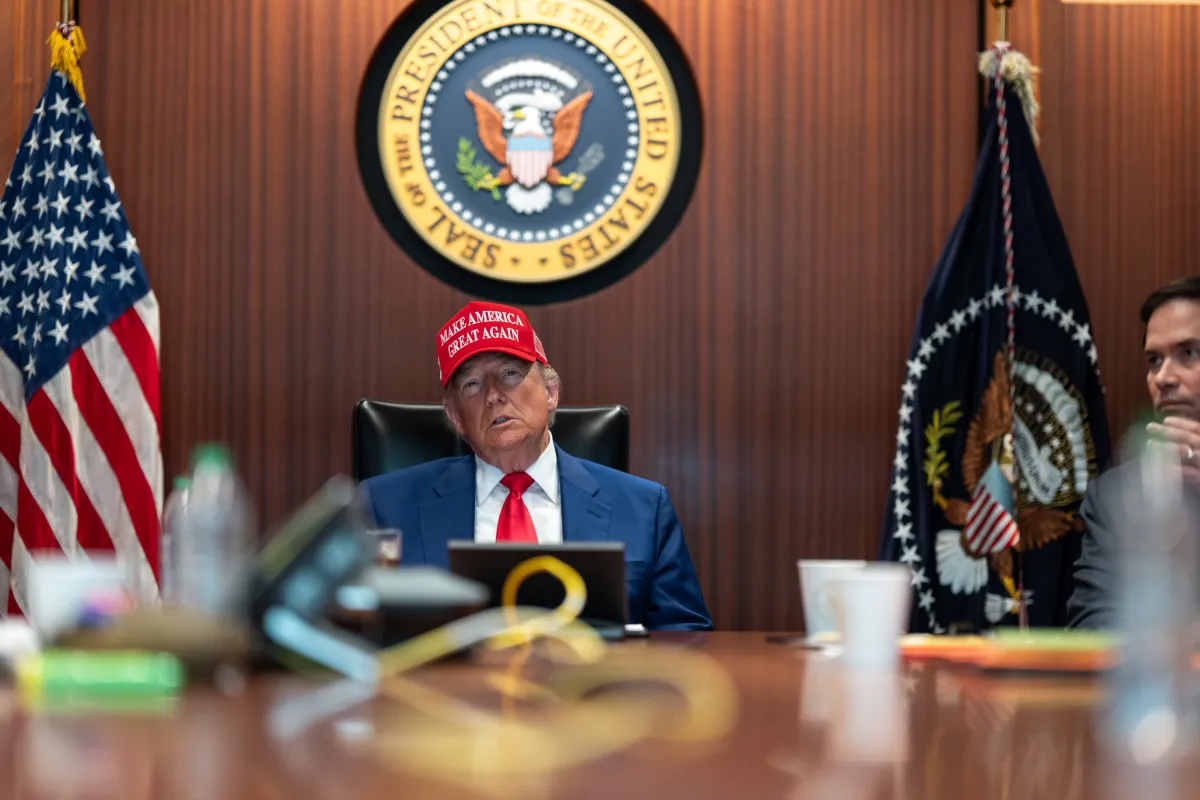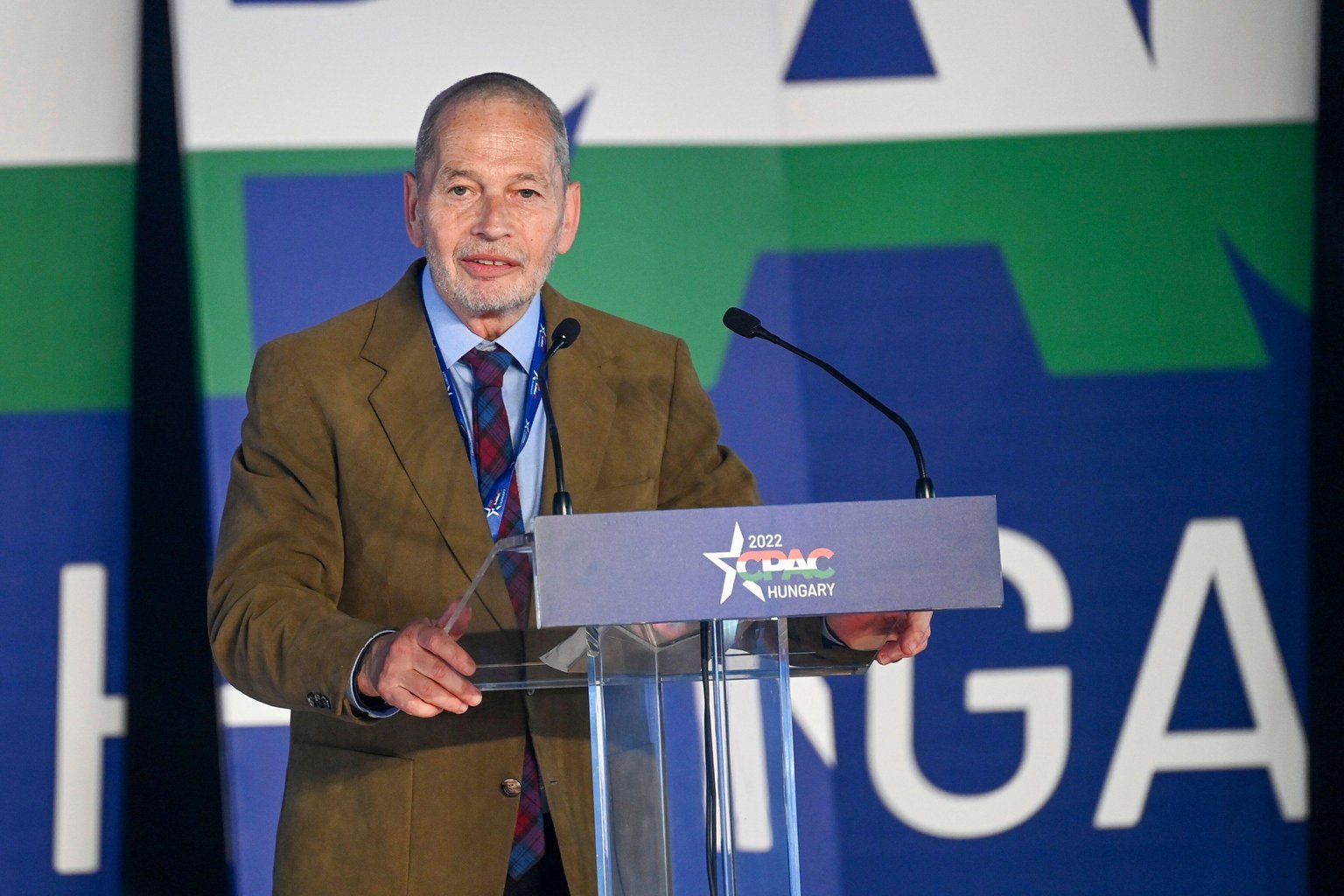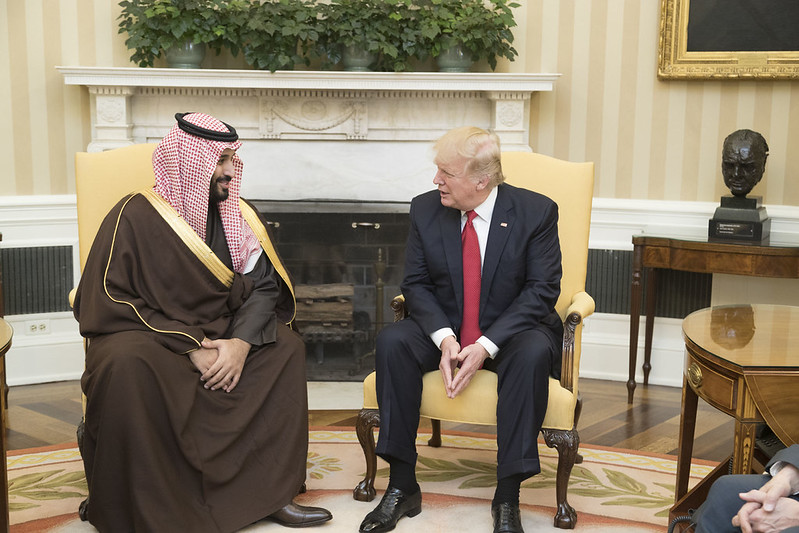As Prime Minister Narendra Modi readies for his third term, he formally took the oath of office on Sunday, casting a shadow over the nation’s landscape of free speech and press freedom. With each successive term, Modi’s administration has faced criticism for tightening control over the media and curbing dissenting voices, with instances of journalists and activists facing harassment, intimidation, and even legal action for criticisng the government or expressing views contrary to the official narrative.
India’s extensive six-week election period concluded with a tally of 640 million votes on 4 June. In the 2024 Lok Sabha elections, the BJP-led NDA (National Democratic Alliance) secured an outright majority by winning 292 seats out of the 543 seats, surpassing the 272 seats required for a clear majority in India’s lower house of Parliament.
Meer Faisal, a 23-year-old journalist and the founder of The Observer Post, an online news portal based in Delhi, holds little optimism regarding Modi’s government when it comes to censorship and freedom of expression in India. He has faced significant censorship in the past during Modi’s tenure for his coverage on atrocities against Muslims in India. In October last year, his Twitter account faced restrictions in India due to his reporting.
“As a journalist, especially being a Muslim, it invites more censorship and trouble. The Modi government aims to silence every voice that speaks against them. They want to build a narrative in the country and label everyone who criticises government policies as anti-national,” said Faisal.
Faisal is among many in India who express fear concerning Modi’s third term, citing concerns beyond censorship to include threats to freedom of speech.
Since August 2019, the Modi government has also barred many Kashmiri journalists from travelling abroad, offering no explanation for restricting their fundamental rights.
“In Modi’s third term, I fear that there will be more harsh policies against journalists and more tactics will be employed to intimidate us. This will directly impact our reporting abilities and help authorities in curbing the voice of people,” said Faisal.
In the 2024 edition of the Press Freedom Index published by Reporters Without Borders, India is ranked 159th out of the 180 nations considered. “With violence against journalists, highly concentrated media ownership, and political alignment, press freedom is in crisis in “the world’s largest democracy”, ruled since 2014 by Prime Minister Narendra Modi, leader of the Bharatiya Janata Party (BJP) and embodiment of the Hindu nationalist right,” RSF stated while releasing the data.
Asif Mujtaba, 34, an advocate for people’s rights and director of the Miles2smile Foundation—which works with survivors of mob lynching, communal violence, and selective communal demolition—believes that the space for dissent has significantly decreased since Modi came to power, and public participation in protests has also diminished.
“It’s become a tough task for social and political activists, regardless of any religion, to work for people’s rights under Modi’s regime. The government can use any stringent law to frame you and silence your voice,” saidMujtaba.
According to Mujtaba, many people in India are apprehensive about openly criticising Modi because they are aware of the potential repercussions. A significant number of individuals who were once vocal against the regime have now become quiet..
“Modi’s administration is aware of the escalating dissent and the potential for increased protests against their policies in the third term. The growing public dissent will force Modi to resort to heavy-handed tactics to silence the people,” said Mujtaba.
In the first four months of 2024, India has experienced at least 134 instances of free speech violation, impacting journalists, academics, YouTubers, and students, according to a report published by the Free Speech Collective in early May. The organisation tracks and categorises free speech violations and offers support to those affected.
Niranjan K S, 22, a fourth-year law student at Jamia Millia Islamia, Delhi, and a member of the All India Revolutionary Students Organisation (AIRSO), argues that the suppression of dissent is driven by the corporate-Hindutva fascist nexus, which aims to transform the country into a fascist dictatorship. As a result, free speech will be stifled, and only those who support the ruling forces will retain their right to free expression.
“The surge in the enforcement of the Unlawful Activities Prevention Act (UAPA) and the uptick in political detentions, particularly aimed at students and activists like Sharjeel Imam and Umar Khalid, who were involved in the anti-CAA protests of 2019, demonstrate a systematic use of these draconian laws to quash all forms of dissent,” said Niranjan.
During the protests, students played an active role in amplifying the voices of the oppressed within the country. However, the BJP regime labeled these students as “anti-national” and “terrorists,” attempting to delegitimise their activism and dissent.
Niranjan emphasised that secularism and communal harmony are already under significant threat due to the Hindutva ideology of the current regime, which could further hinder free speech. “In this third term of the Modi government, the non-state elements of fascism will be more utilised to advance their offensive than the state elements,” said Niranjan.
Index on Censorship sought a response from a BJP spokesperson regarding censorship as Modi embarks on his historic third term. Answer came there none.





